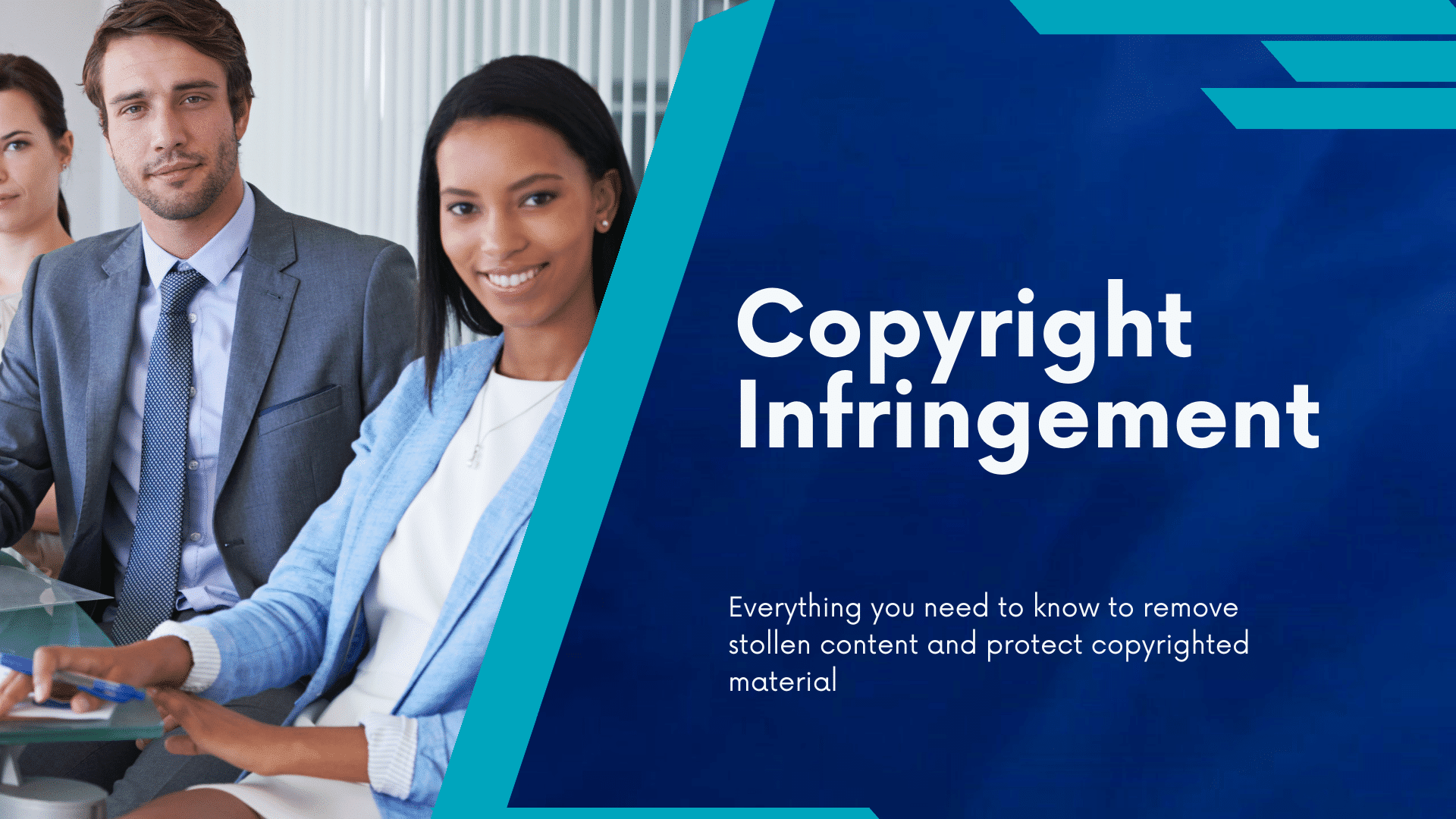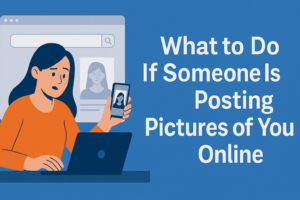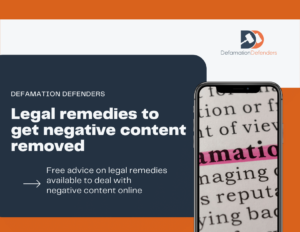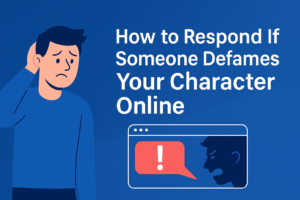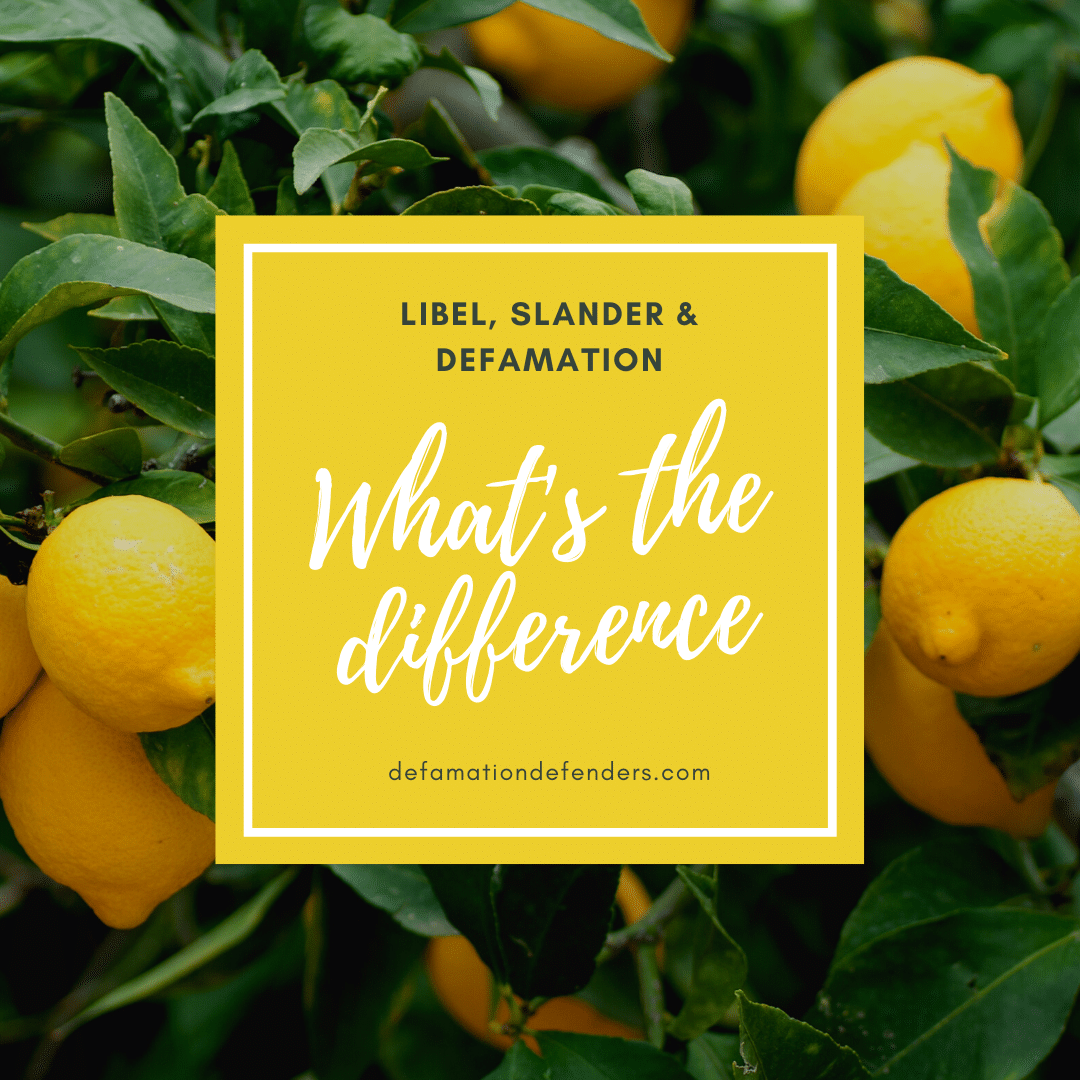Dealing with Copyright Infringement: Tips for Removing Your Work from the Internet
Have you ever stumbled upon your own work online, only to find out that it has been copied and posted without your permission? Copyright infringement is a common problem faced by artists, writers, photographers, and musicians alike. It can be frustrating to see someone else taking credit for something you've worked hard on. However, there are steps you can take to remove your work from the internet and protect your rights as a creator. In this blog post, we'll provide valuable tips on dealing with copyright infringement so that you can regain control of your content and prevent future theft.
Table Of Content
What is Copyright Infringement?
There are a few different ways that someone can infringe on your copyright, but the most common is by reproducing or distributing your copyrighted work without your permission. This can happen if someone makes copies of your work and sells them, posts your work online without your consent, or even shares it with others without your knowledge.
If you believe that your copyright has been infringed upon, there are a few steps you can take to try to remove your work from the internet. First, you should contact the website or service where you found the infringing material and request that it be removed. If this is not successful, you can also send a DMCA takedown notice to the hosting provider of the site where the infringing material is located. If all else fails, you can file a lawsuit against the infringing party.
However, before taking any of these steps, it’s important to consult with an attorney to discuss your options and ensure that you are taking the appropriate course of action for your situation.
How to Find Copyrighted Content Online
There are a few ways to find out if your content has been used without permission. The first place to look is Google. Just type in a few key phrases from your work and see what comes up. If you see your content on another website, take note of the URL and contact the site owner to request that they remove it.
If you can't find your content on Google, try searching for it on Bing or Yahoo!. If you still can't find it, there's a chance that it's been uploaded to a file-sharing site like Pirate Bay or Mediafire. To search these sites, you'll need to use a special search engine like Torrentz or FilesTube.
Once you've found your content on one of these sites, contact the site owner and ask them to take it down. If they don't respond or if they refuse to take the content down, you can file a DMCA complaint with their hosting company. This will usually result in the content being removed within a few days.
Tips for Contacting the Infringer
If you've found that someone has posted your copyrighted work online without your permission, don't panic. There are a few steps you can take to have the infringing content removed.
First, try contacting the infringer directly. If you can find their contact information, send them a polite email or letter asking them to take down the infringing content. Be sure to include a link to the infringing material and explain that it is your copyrighted work. It's often helpful to include a copy of your copyright registration or proof that you own the copyright in the work.
If you're not able to reach the infringer or if they refuse to take down the infringing content, you can file a DMCA takedown notice with their internet service provider (ISP). Most ISPs have policies in place for handling infringement notices and will take down the infringing content once they receive a valid notice.
If all else fails, you can consider filing a lawsuit against the infringer. This is usually a last resort, as lawsuits can be expensive and time-consuming. But if you've been unable to get the infringer to remove your work from their site using other methods, filing a lawsuit may be your only option.
Legal Steps to Take if Necessary
If you discover that your work has been copied without your permission, there are a few legal steps you can take. First, try to contact the person who posted your work and ask them to take it down. If they refuse, you can send a cease and desist letter asking them to stop using your work. If they still don't comply, you can file a copyright infringement lawsuit against them.
Alternatives to Legal Action
If you discover that someone has infringed on your copyright, you may be wondering what your options are. Can you sue them? Should you confront them directly? What are some alternatives to legal action?
One option is to simply ask the infringing party to remove your work from their site or blog. This is often all it takes to get them to comply. If they are unresponsive or unwilling to take down your work, you can send them a formal cease and desist letter. This is a more aggressive approach, but it may be necessary to get their attention.
Another alternative is to reach out to the site or service where the infringement is taking place and have them take down the infringing content. This is often effective for removing infringing material from websites or blogs.
Ultimately, the decision of whether or not to take legal action against an infringer is up to you. If you decide to pursue legal action, there are a number of different routes you can take. You can file a lawsuit, send a DMCA takedown notice, or even file a criminal complaint. Each approach has its own pros and cons, so be sure to consult with an attorney before taking any action.
Resources for Further Reading
If you find that your work has been infringed upon, there are a few resources that can help you deal with the issue.
The first step is to contact the infringing party and ask them to take down the infringing material. If they refuse, you can send them a cease and desist letter. If the infringement is on a website, you can also contact their hosting provider and ask them to take down the infringing content.
There are also a few online resources that can help you deal with copyright infringement. The Copyright Office has a helpful guide on their website, and Chilling Effects has a searchable database of cease and desist letters.
If you have exhausted all of these options and the infringement is still not resolved, you may need to consult an attorney.
Conclusion
Taking control of copyright infringement can be a stressful and frustrating situation. However, by following the tips provided in this article you should have all the tools necessary to quickly identify and remove any infringing material from the internet. If your work is still being infringed upon, do not hesitate to contact an experienced attorney for extra advice or assistance in your case. With some patience and persistence, you can get back to focusing on creating meaningful content that is free from copyright infringement.

